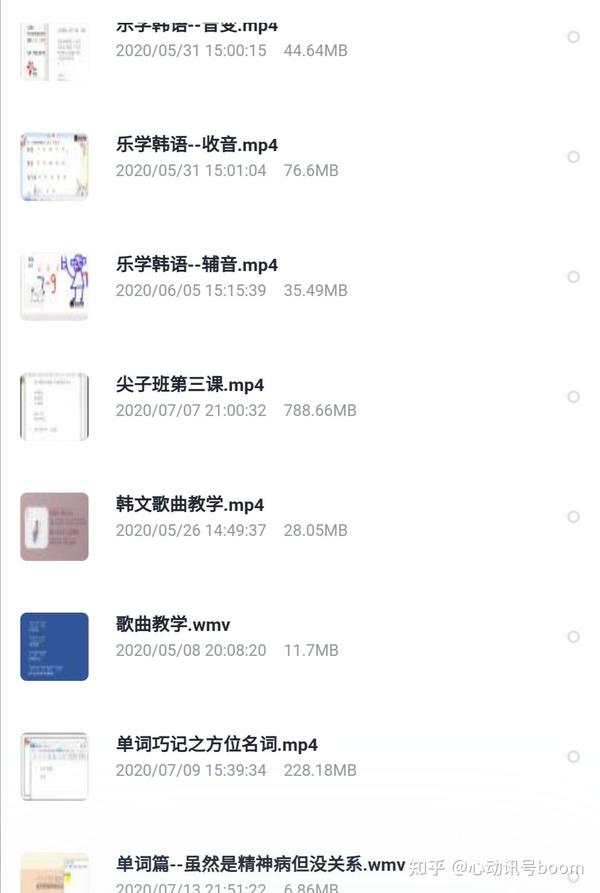
지금 vs 이제 YouTube
Do you know the difference between the Korean words 지금 (jigeum) and 이제 (ije)?These are common words that you hear in Korean songs, dramas, movies, and everyd.

지금 우리 학교는 시즌2 발표 넷플릭스 YouTube
이제. 이제 is a lot different word from 지금, basically meaning Since now and on.. It is said when you're about to do something from now on, or you barely made it done by now. 이제 (부터) 달라질 것이다. (From now on) I'll be changing. 이제 (야) 도착했다. I've just/finally arrived. (It took me so long to get here.)

Learn Korean 이제/지금 + Verb
지금 (ji-geum ), 이제 (i-je), 현재 (hyeon-jae) Synonym for 지금 same basically but 현재 is much broader 지금 (right) now 현재 now (adays)|이제 and 지금 both are often translated to "now" but are a little bit different. 지금 [jee-geum] means "now" without special nuance. (Could be today, this month, this year, etc.

Phân biệt 지금 và 이제 trong tiếng Hàn
A: I think these two has the same meaning, but when it comes to talk about the disconnected past, I use '이제'. 제 생각에 이 두 개의 뜻은 같은데 단절된 과거를 말할 때는 '이제'를 써요. For example, when a mother tells her son who keeps playing games that it's time to start studying, I use "이제'. 예를 들어.

Phân biệt 지금 và 이제 trong tiếng Hàn
이제 (i-je ), 지금 (ji-geum )이제 的同義字@nilkantabasty 이제 and 지금 both are often translated to "now" but are a little bit different. 지금 means "(right)now" without special nuance, as a point in time. (Could be today, this month, this year, etc.) 이제 is more like "now that (something is happening)" / "from now on" / "these days", as a result of passing time.

Difference
what's the difference between 이제 and 지금? and when do you use them의 정의 Use both to avoid the expressions overlap. 이제 자려고 = 지금 자려고|@kanzyy_ 지금 and 이제 both means 'right now'. Ex) What time is it rn? = 지금 몇시야? 이제 몇시야? Their usage is very similar|@kanzyy_ In casual conversation, yes!

韓国語「이제(イゼ)」ネイティブは口癖のように使う?意味と表現を完全まとめ Yun`s note
이제 (i-je ), 지금 (ji-geum) Synonym for 이제 Both mean "now" but they have slightly different nuances. 지금 means "now" as in "right now". 이제 means "now" as in "now and also the upcoming future" e.g. 지금 인터넷이 돼요. The internet is working right now. I'm not sure it has worked or not.

지금和이제的区别(内附韩语资料) 知乎
지금 is "now" as a point in time. 이제 is "now" as a result of passing time. As Julia said, This difference makes two sentences slightly different in nuance. 지금은 여름이다. It's summertime. 이제는 여름이다. It's summer now. (the spring is gone) In most cases, they are hard to be distinguished.
When do you say "이제" and when "지금" ? ) HiNative
Actually there is no big difference I think. Both words are exchangeable in nearly all cases. 이제(는) = now in english 지금(은) = now in english 이제부터 = from now on in English 지금부터 = from now on in English 이제까지는 = until now or so far in English 지금까지는 = until now or so far in English But I could find an exception, you can say "이제 다시는" in.

만약에 기준 금리가 계속 올라간다면 주식 에펨코리아
지금 is used as now 'at the moment.'. 이제 has a meaning of now with a causality. ex) 지금 가자. let's go now. 이제 and 지금 both are often translated to "now" but are a little bit different. 지금 means "now" without special nuance, as a point in time. (Could be today, this month, this year, etc.) 이제 is more like "now.

지금 VS 이제 ㅣ Difference between 지금 and 이제 (Feat. Aladdin & BTS) YouTube
지금 and 이제 are both super common words, but speakers of other languages can find them a bit confusing at first if their language doesn't make a similar distinction and thus translates them both as the same word (English is one of those languages; in English, we would use "now" for both of these Korean words).
🆚What is the difference between "“이제”" and "“지금”" ? "“이제”" vs "“지금
이제 and 지금 both are often translated to "now" but are a little bit different. 지금 [jee-geum] means "now" without special nuance. (Could be today, this month, this year, etc.) 이제 [yee-je] is more like "now that (something is happening)" / "from now on". Examples: 지금 가자. Let's go right now (without delay) 이제 가자.

이제 지금 Difference Now in Korean YouTube
最佳解答. @seditg33 이제 and 지금 both are often translated to "now" but are a little bit different. 지금 means "now" without special nuance, as a point in time. (Could be today, this month, this year, etc.) 이제 is more like "now that (something is happening)" / "from now on", as a result of passing time. Examples.

Struggles and Successes in Language Learning — What’s the difference
jigeum sseugo isseo-yo. : I'm writing now (alt. at this point in time) 지금 집 있어. jigeum jip isseo. : I'm at home now (alt. at the moment) 지금 목요일이에요. jigeum mog-yo-irr-i-ye-yo. : It's Thursday today (alt. now) In these sentences, now means a specific point in time, and 지금 can be translated alternatively as at the.

지금和이제的区别(内附韩语资料) 知乎
지금 = right now, in this moment. 이제 = from now on. 지금. Example Sentences: 그는 지금 저녁 식사 중입니다. He's having dinner right now. 유민이는 민준이와 함께 있는 지금 이 순간이 너무 행복했어요. Yoo Min was so happy at this moment with Minjun. 지금 당장은 더 필요 없어요.

지금和이제的区别(内附韩语资料) 知乎
Jun-Su. 1. There's no difference between them because '내' is abbreviation for '나의'. For the sake of simplicity, '내' ended up being used in modern days, whereas '나의' used in only literature such as poem, not in everyday conversation. 2. Basically '지금' indicates the moment when the speaker says as in: a. 너 지금 컴퓨터 쓸.